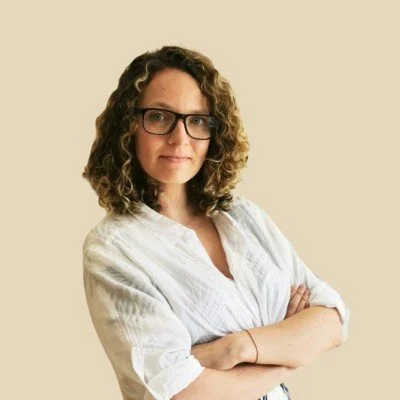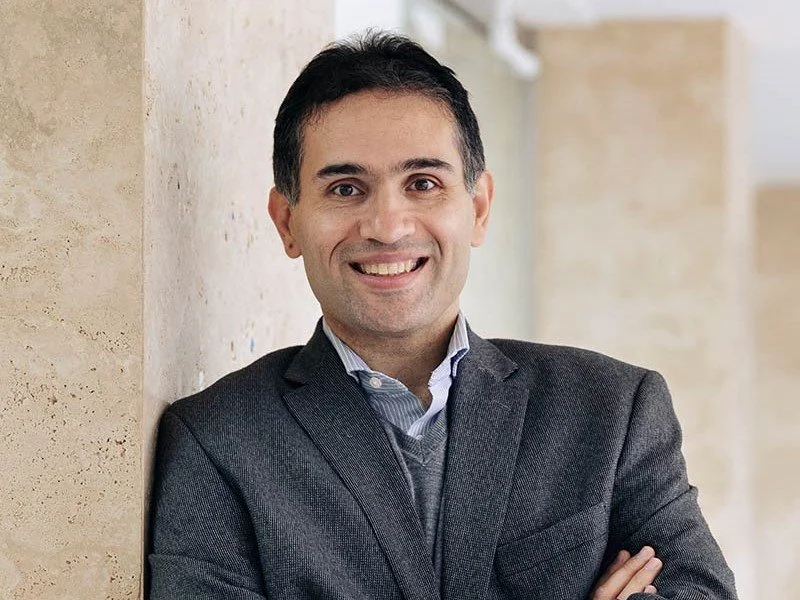What we do
Strategic watch, foresight, representation and advocacy.
Engagement, knowledge-sharing, publication and education.
Programming and professional development.
You are AI curious but don’t know where to start? We support organizations in developing AI governance frameworks and responsible practices through cross-sectoral and forward-looking approaches.
After identifying what kind of AI could be beneficial for your organization, we can :
1. AI Governance Strategies & Policies: Integration of regulatory requirements, ethical considerations, and organizational values into AI adoption strategies. Are you using ChaGPT with no policy in place on when, how to use it? That’s a serious liability (IP loss, security risks, reputational risks, etc.)
- Stakeholder Participation & Foresight: Engaging stakeholders in AI scenario design and anticipation to promote inclusive, sustainable, and legitimate policies.
2. Strategic Monitoring & Regulatory Compliance: Regular updates on emerging AI governance standards to ensure compliance, competitiveness, and cyber resilience in an evolving landscape.
- Digital sovereignty & cyberresilience advisory: development of strategies to enhance technological autonomy and protect against AI-related vulnerabilities.
3. Feasibility Studies & Interoperability: Socio-legal assessment of data trusts. Analysis of interoperability with ecosystems based on shared values, ensuring compliance with regulatory frameworks and safeguarding stakeholder interests.
4. Stakeholder Engagement & AI Governance Networks: Creation & coordination of AI Governance communities including private, public, and cultural sectors, along with key stakeholders affected by AI’s impact.
5. Strategic conferences & events to facilitate the adoption of innovative solutions aligned with digital sovereignty and cybersecurity challenges.
About Us
AI Impact Alliance specializes in integrating socio-legal expertise with technological innovation to support organizations in navigating the evolving landscape of artificial intelligence (AI). Since 2017, we have launched programs that examine the ethical, social, and legal implications of AI.
We have championed best practices in AI engagement through the arts, and in 2024, we introduced a program focused on the legal and economic impacts of AI in the arts and culture sector.
Our multidisciplinary approach and mission-driven business model (non-profit organization) ensure that AI initiatives remain ethical, independent from major technology corporations, regulatory-compliant, and aligned with Canadian societal values. Our network of experts is international, and we leverage our recognized expertise in AI governance to foster responsible and sustainable digital transformation.
Our Founder
Valentine Goddard is a lawyer, artist and a recognized expert in AI governance. She is a trusted expert to governments and organizations (Canada Council on AI from 2021 to 2024, United Nations, etc.), actively contributing to the development of AI governance models that influence policy and regulatory frameworks at both national and international levels.
Renowned for her interdisciplinary approach, she bridges law, technological innovation, and civic engagement, integrating the arts as a strategic lever for legitimate and inclusive AI governance. Her expertise is frequently sought by governments, international organizations, and businesses for guidance on the socio-legal implications of AI, risk management, and adaptation to emerging regulations.
Since 2017, Me Goddard has been invited to speak at leading international forums and has collaborated with policymakers and experts worldwide on strategic AI governance issues. She possesses deep expertise in the impact of AI on arts, creativity, and knowledge generation. In 2025, her focus will be on cyber resilience, combating disinformation, and digital sovereignty.
In our collaborators’ words.









